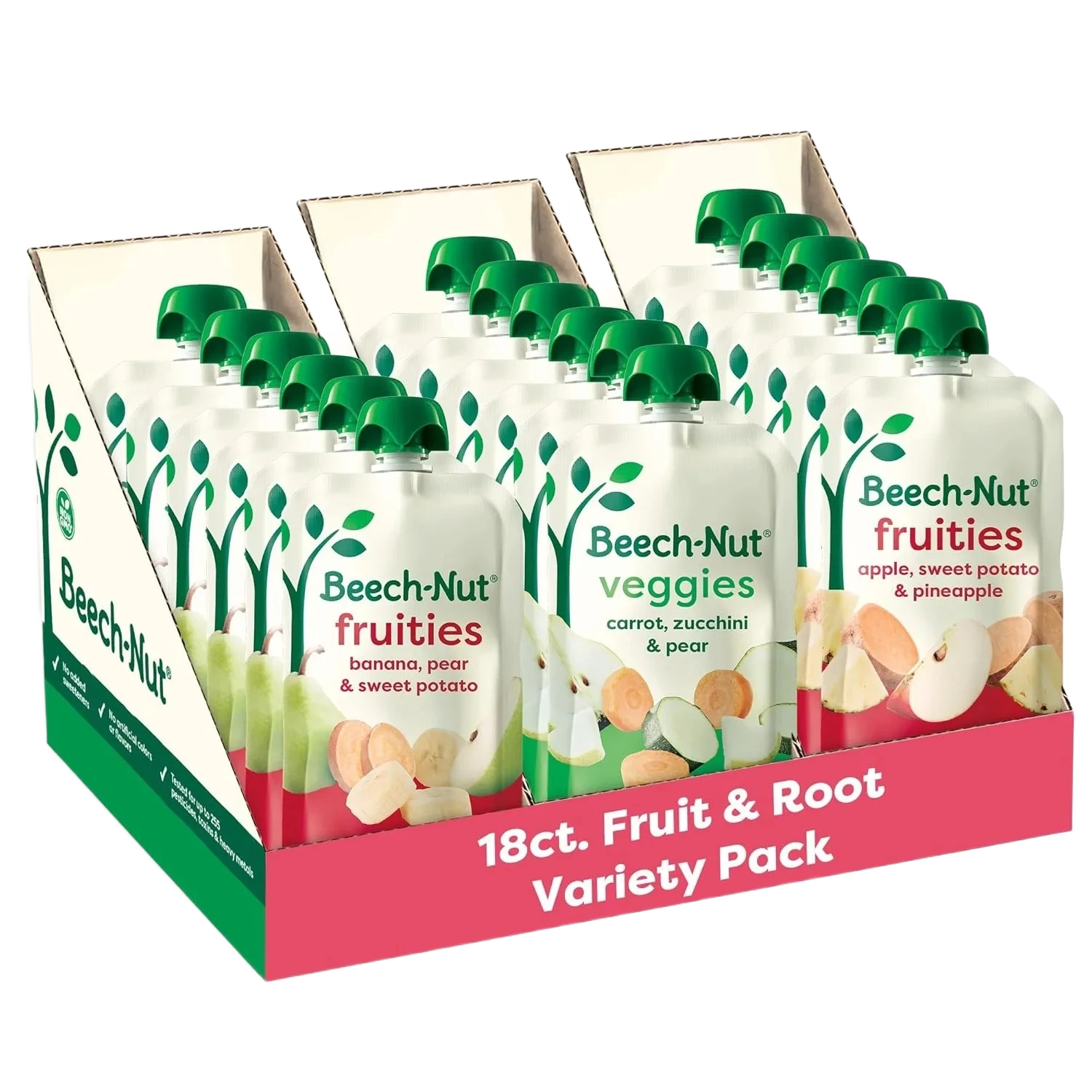Beech-Nut fruities banana, pear & sweet potato
baby food • For 5+ year old children • Consumable 🍝
Product Images
Product Photo

Tap to enlarge
Ingredient List

Tap to enlarge
Is this kid-friendly to eat Beech-Nut fruities banana, pear & sweet potato?
Check for Different Age (6 available)
Ingredients Analysis (10 found)










Common Questions About Beech-Nut fruities banana, pear & sweet potato
Kid-approved? Beech-Nut fruities banana, pear & sweet potato
Yes, Beech-Nut fruities banana, pear & sweet potato is generally considered safe for 5+ year old children based on ingredient analysis.
What ingredients should I watch out for?
We analyzed 10 ingredients in Beech-Nut fruities banana, pear & sweet potato. 10 safe. Check the detailed analysis above for specific concerns.
When can kids start eating baby food?
The appropriate age depends on the specific ingredients. This analysis is for 5+ year old children. Use the age selector above to check other ages.
⚠️ Important Disclaimers
Product Recognition: Product names are identified programatically and may be incorrect. Always verify product identity yourself.
Safety Analysis: Evaluations are for research only - consult pediatricians for medical decisions. Do not rely solely on this analysis.
No Guarantees: Results may be incomplete or inaccurate. Do not rely solely on this analysis.